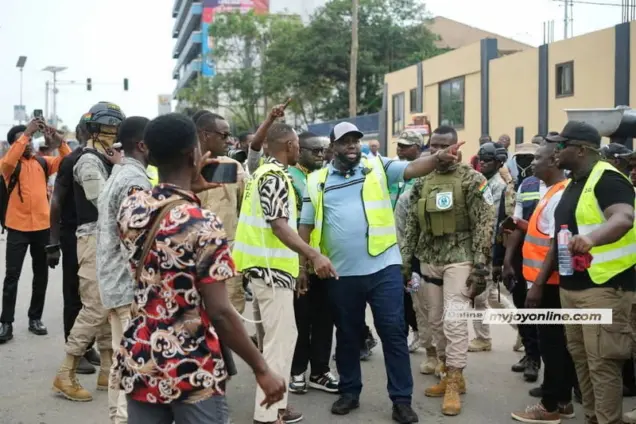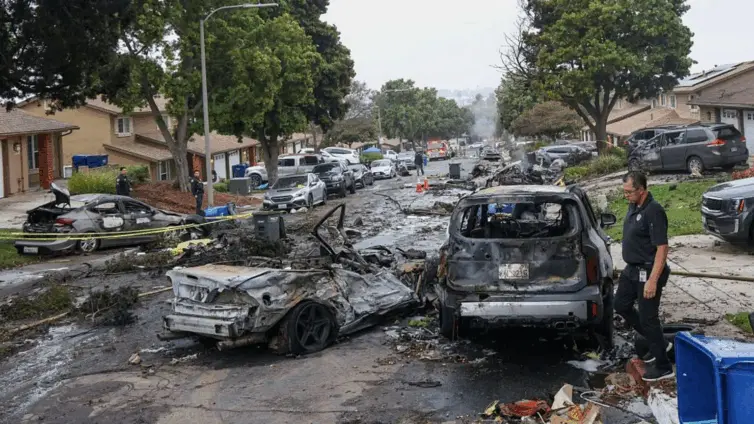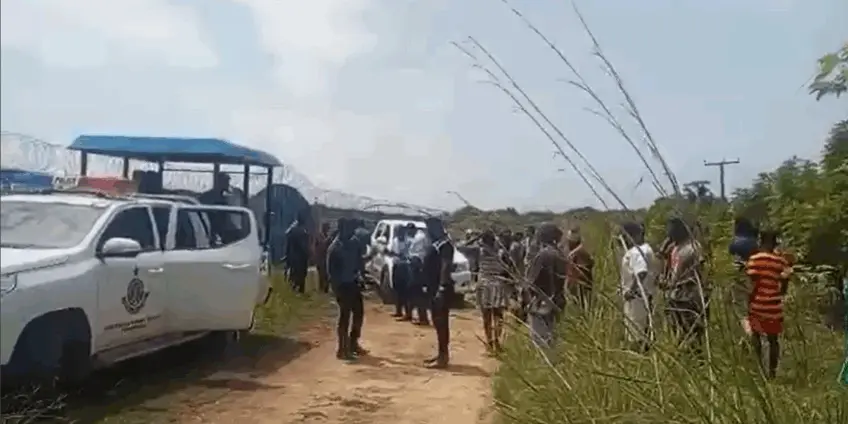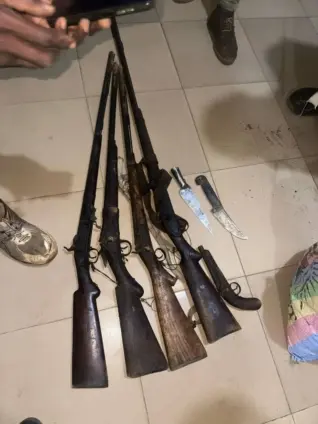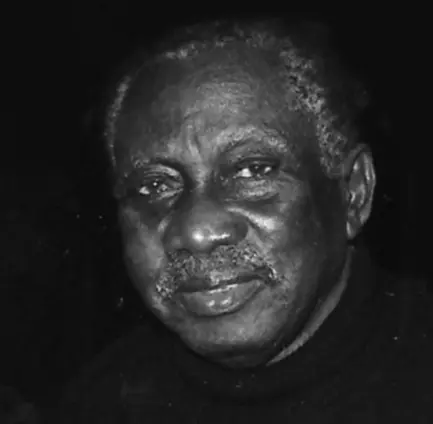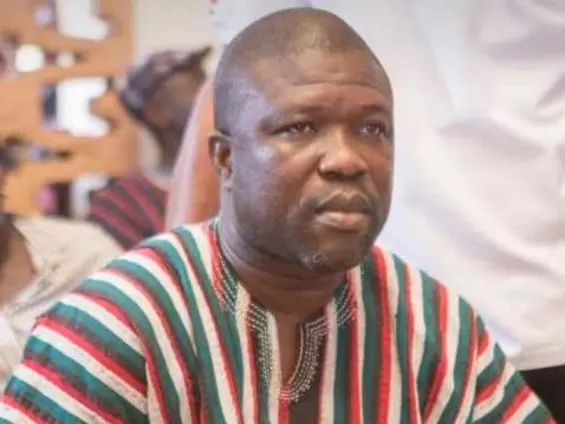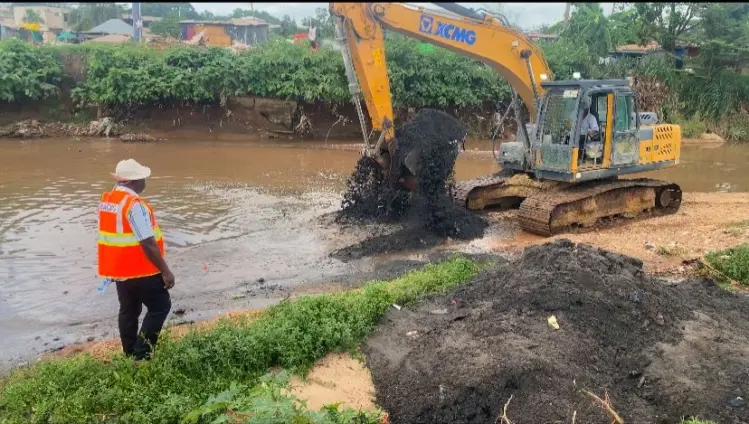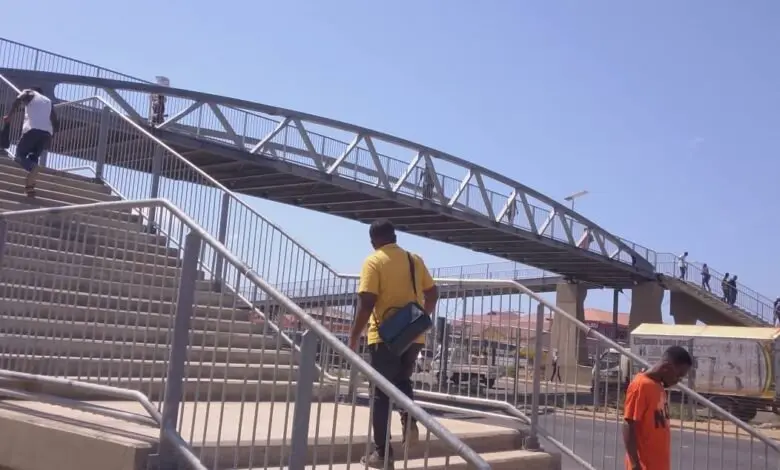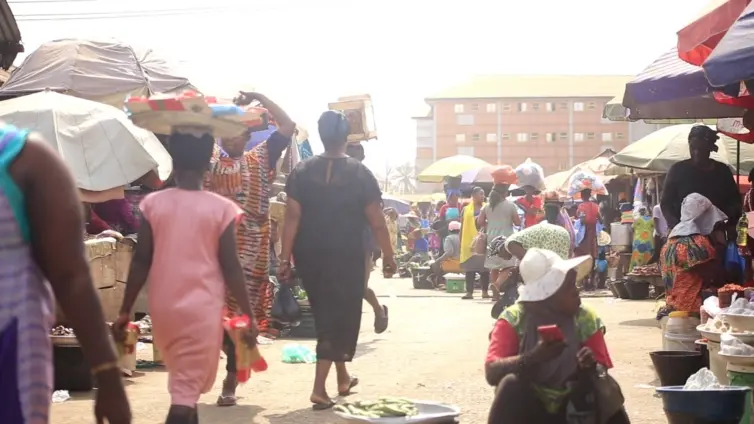The snarl of traffic, the hawkers weaving between cars, the mountains of refuse – these are the sights and smells that have long defined Accra’s Central Business District (CBD). But a concerted effort is underway to change this narrative. The Accra Decongestion Project, spearheaded by the Accra Metropolitan Assembly (AMA) in collaboration with the Korle Klottey Municipal Assembly, began on Tuesday, May 20th, aiming to bring order and sanitation back to the heart of the city. This decongestion exercise targets some of the most congested areas within the Accra CBD, promising a new era for pedestrians, motorists, and businesses alike.
This article examines the initial progress of the Accra Decongestion Project, its reception within the community, and the crucial steps needed to ensure its long-term success. The future of street trading and public sanitation depend on the efficacy of the ongoing efforts to maintain order in Accra.
The Accra Decongestion Exercise has focused on several key locations that have historically been plagued by congestion and unregulated street trading. These include the stretch from Kinbu Road to Railways, ECG Junction to the King Tackie Tawiah Statue, and Opera Square to Adabraka. These areas were notorious for the dense concentration of street vendors, which severely impeded traffic flow and created significant sanitation challenges.
The initial impact of the Accra Decongestion Project has been overwhelmingly positive. Pedestrians report that navigating the streets has become significantly easier and safer. Motorists have experienced a noticeable reduction in traffic congestion, leading to shorter commute times. And many residents are enjoying the cleaner environment resulting from the removal of street vendors and their associated waste. The project aims to maintain the CBD areas to be free of street vendors that impede pedestrian and vehicular traffic.
However, the success of the Accra Decongestion Project hinges on addressing the persistent issue of street trading. Madam Mercy Afrowa Needjan, President of the Greater Accra Markets Association, has emphasized the urgent need for sustained enforcement to prevent the resurgence of vendors in the cleared areas. “Strict supervision is key to driving traders off the street,” Madam Needjan stated, highlighting the challenge of maintaining long-term order and sanitation in the Accra CBD.
The concern is that without consistent enforcement, the street vendors will gradually return, undoing the progress achieved by the decongestion exercise. This underscores the importance of strict supervision and the implementation of strategies to prevent the return of street vendors to these areas. Authorities are keenly aware that the coming weeks will be a critical test of the project’s sustainability.
Addressing the root causes of street trading is also crucial for the long-term success of the Accra Decongestion Project. This could involve providing alternative market spaces for vendors, offering job creation programs, and engaging with street vendors to offer support for their transition to formal employment. A multi-faceted approach is needed to ensure that the Accra Decongestion Project yields lasting results.
The Accra Decongestion Project represents a significant step towards creating a more orderly and livable city. While the initial impact has been positive, sustained enforcement and long-term solutions are essential to address the underlying issues that contribute to street trading and congestion. As Madam Needjan’s statements emphasize, ongoing vigilance is crucial to ensuring lasting change and to preserve the gains made by the Accra Decongestion Project. Consistent enforcement and viable alternatives are paramount.
Image Source: MYJOYONLINE

